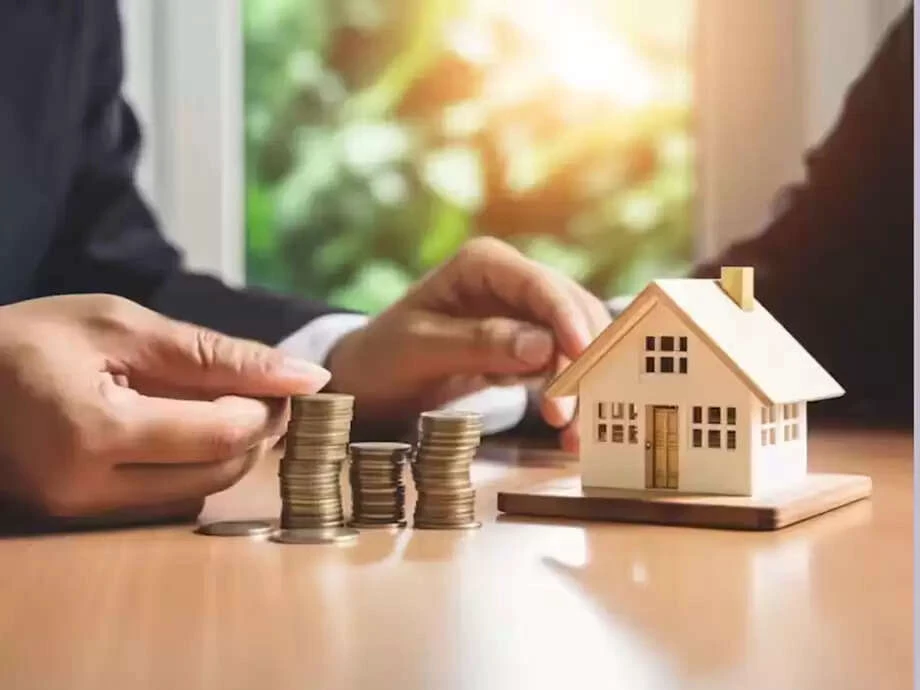With increasing age, income sources often decrease, while other health-related problems increase. In such a situation, regular income is very important to meet daily needs.
But many people neither have a pension nor any other source, and neither are their children financially so rich that they can bear all their expenses. In such a situation, the “Reverse Mortgage Scheme” can prove to be very useful for you. But for this, you must have your own house. Through this scheme, senior citizens can arrange for a regular income very easily. Know what this scheme is.
What is the Reverse Mortgage Scheme?
The Reverse Mortgage Scheme works exactly the opposite of the traditional home loan. In a home loan, you buy a house by taking money from the bank and paying EMI every month. Whereas, in a reverse mortgage, you mortgage your owned property to a bank or financial institution, and in return, the bank pays you a fixed amount regularly for a fixed period. This payment can be monthly, quarterly, yearly, or even lump sum. In this way, your house becomes a source of income for you.
How does this scheme work?
When a senior citizen applies under this scheme, the bank evaluates their property. The total loan amount is decided on the basis of the value of the property, the age of the applicant, and the current interest rates. Usually, this loan is for a period of 10 to 20 years. During this entire period, the bank has the right to sell the property after the death of the borrower. The bank recovers its loan amount (including interest) from the sale proceeds, and the remaining excess amount is returned to the legal heirs.
Benefits of Reverse Mortgage Scheme
This scheme provides a stable income after retirement, so that senior citizens can easily fulfill their needs.
The biggest advantage is that you do not have to vacate your house. You can arrange for income by staying in the same house.
The borrower does not have to repay any amount of the loan during his lifetime.
The amount received under a reverse mortgage is not considered income, so income tax is not levied on it.
What are the terms and conditions?
Indians who are 60 years of age can take advantage of this scheme. The first condition to take advantage of the scheme is that the applicant should have their own house or property. If the husband and wife want to take advantage of the scheme together, then for this, the age of the wife should be at least 58 years. Under the scheme, the bank gives a fixed amount every month to the applicant for 10 to 15 years. Most of the elderly in India are not aware of this scheme, due to which very few people apply for it. How much money will be received every month on mortgaging the house depends on the market value of the applicant’s property. The interest rates in this scheme are different in different banks. This interest rate also keeps changing from time to time.
FAQs
1: What is the Reverse Mortgage Scheme?
This is a special loan scheme in which senior citizens above 60 years of age can get a regular income from the bank by mortgaging their residential property, and they do not have to repay this loan during their lifetime.
2: Will you have to leave your house during the loan period?
No, you and your spouse can live in that house for the rest of your lives.
3: What will happen to the property after my death?
After your death, the bank will give your legal heirs the option to repay the loan and take back the property. If they do not do so, the bank will sell the property and recover its dues, and give the excess money to the heirs.
4: Is the loan amount taxable?
No, the amount received under a reverse mortgage is tax-free.
5: Which banks offer this facility?
In India, many major banks, including State Bank of India (SBI), Bank of Baroda, Union Bank, HDFC Bank, and IDBI Bank, offer this scheme.
6: Can I take this loan on inherited property?
Some banks can also offer this loan on inherited property with conditions, provided you have clear and sole ownership of the property and it is debt-free.
7: What does the loan amount depend on?
The loan amount depends on the market value of your property, your age, and the bank’s interest rate. Banks can provide loans ranging from 60% to 90% of the property value.
